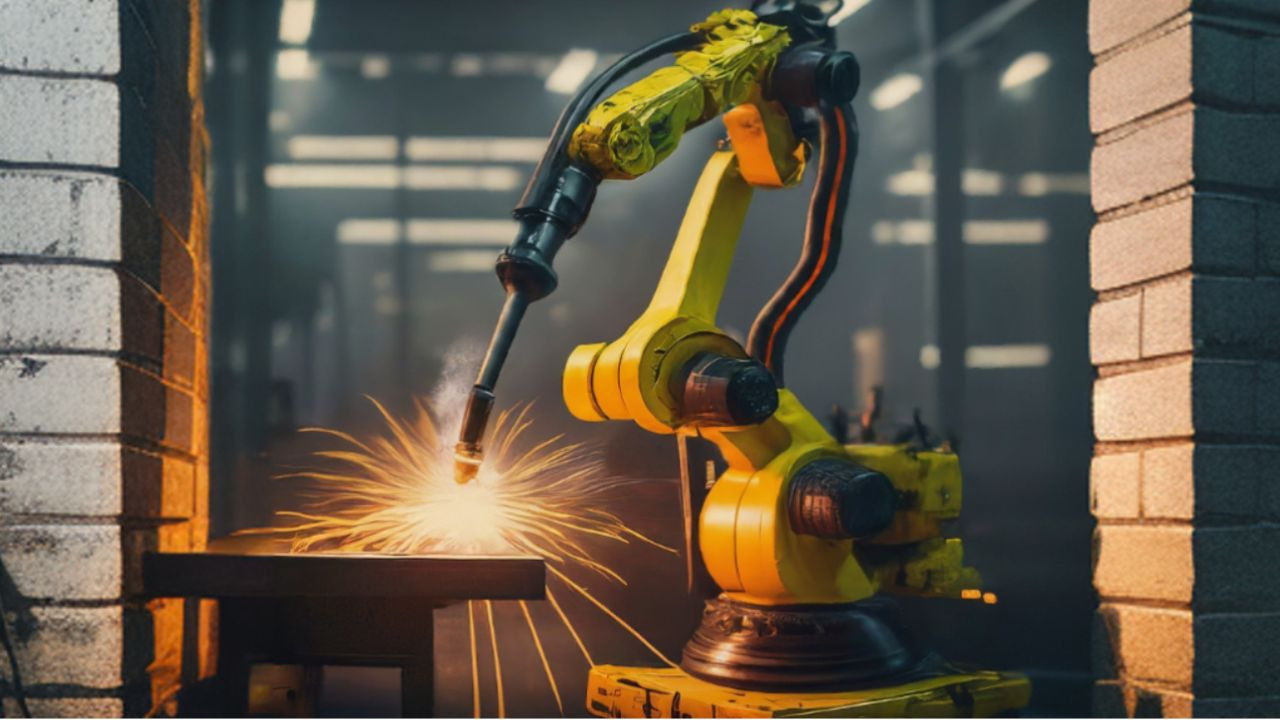
In today's fast-paced and ever-evolving business landscape, innovation has become the cornerstone of growth and sustainability. It is not just a buzzword but a mindset that permeates every aspect of an organization, from product development to operational processes and business models. Companies that embrace innovation are poised to thrive, while those that resist it risk becoming obsolete.

Product Innovation: The Key to Differentiation
Product innovation is the lifeblood of any business. It involves the creation of new products or the enhancement of existing ones to meet the ever-changing needs and preferences of customers. By introducing innovative products, companies can differentiate themselves from competitors, capture new market segments, and ultimately drive revenue growth. Examples of successful product innovations include the iPhone, which revolutionized the smartphone industry, and Tesla's electric vehicles, which disrupted the automotive sector.

Business Model Innovation: Redefining Value Delivery
While product innovation is crucial, it is only one piece of the puzzle. Business model innovation is equally important, as it involves rethinking the way a company creates, delivers, and captures value. This could involve adopting new revenue streams, exploring novel distribution channels, or implementing innovative pricing strategies. Companies that successfully innovate their business models can gain a competitive edge and disrupt entire industries. Uber and Airbnb are prime examples of business model innovation, transforming the transportation and hospitality sectors, respectively.

Process Innovation: Enhancing Operational Efficiency
In addition to product and business model innovation, companies must also focus on process innovation. This involves streamlining and optimizing internal processes to improve efficiency, reduce costs, and enhance customer satisfaction. Process innovation can take many forms, such as automating repetitive tasks, implementing lean manufacturing principles, or leveraging digital technologies to enhance collaboration and communication. Companies like Amazon and Walmart have excelled in process innovation, optimizing their supply chain and logistics operations to deliver products faster and more efficiently.
Fostering a Culture of Innovation
Successful innovation is not a one-time event but a continuous journey that requires a supportive organizational culture. Companies that encourage creativity, embrace risk-taking, and foster an environment of continuous learning are more likely to succeed in their innovation efforts. This involves empowering employees, promoting cross-functional collaboration, and providing the necessary resources and support for experimentation and ideation.
In conclusion, innovation is the driving force behind success in today's competitive business environment. By embracing product, business model, and process innovation, companies can stay ahead of the curve, meet evolving customer needs, and achieve sustainable growth. However, innovation is not just about having great ideas; it requires a mindset shift, a supportive culture, and a commitment to continuous improvement. Companies that prioritize innovation will be well-positioned to navigate the challenges of the future and emerge as industry leaders.